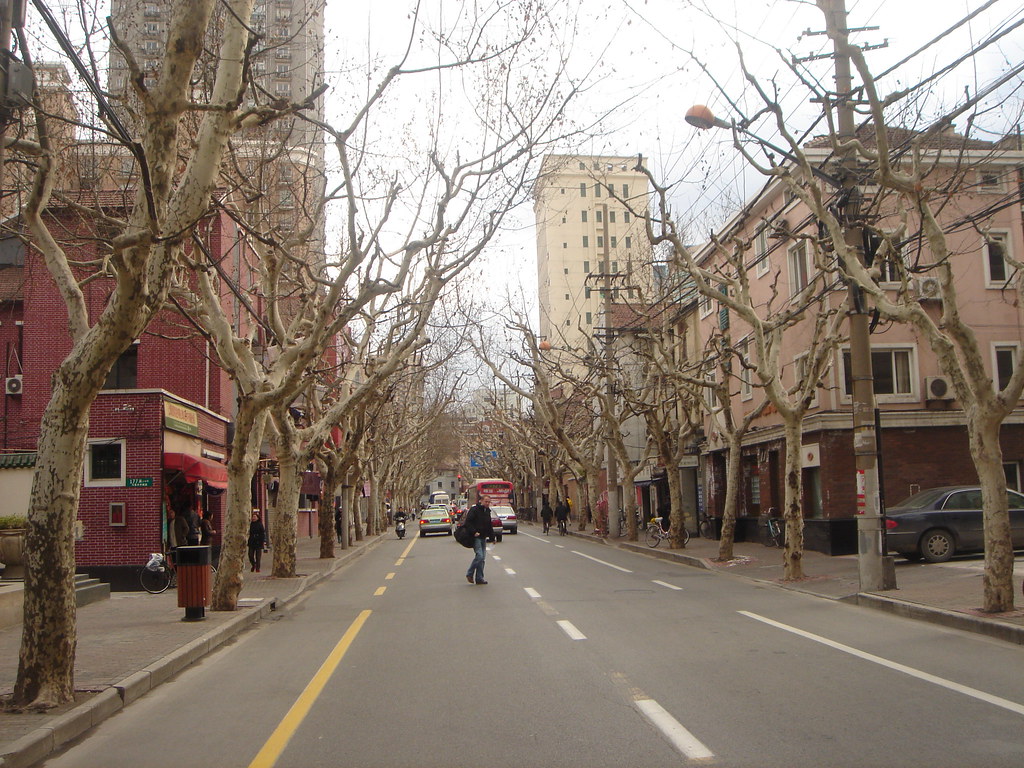The Oriental List had an interesting post by its moderator Peter Neville-Hadley about scams in Beijing he recently encountered or heard about. His post (which is unlinkable):
Nothing new really, but it seems recently there’s been an upsurge in
the number of hapless visitors to Beijing who’ve been taken off for a
‘tea ceremony’ by strangers met in the Forbidden City or in the
street, and found themselves with a bill for in excess of Y3000.
Perhaps it’s just an upsurge in the numbers reporting it.
In these circumstances, refuse to pay. In some cases heavies will
suddenly appear, in which case keep your nerve and still refuse to
pay. Start shouting for the police (knowing ‘jing cha’ will help, but
‘police’ will do–just do it loudly and attract as much attention as
possible). In most cases the situation will start to improve fairly
rapidly. Paying even a tenth of this sum is far too much.
If you are intimidated into making payment, use a credit card. I’m
assisting someone at the moment who is attempting to have the charge
to his card annulled, and I hope to report later whether he has had
any success. At the very least the credit card company ought
subsequently to be treating other charges of large sums at this
location with scepticism, and eventually will refuse charges to
foreign cards.
Get a name card for the premises if you can–these are usually
sitting next to the till (NB: getting a receipt for whatever you do
pay won’t help–these usually carry only the name of the relevant tax
bureau). Failing that, do your best to get name, address, and a
detailed description. Post widely on the Internet to warn others.
Sad to say, but especially in popular tourist locations, anyone who
approaches you in a friendly manner, and particularly if they speak
English, should be regarded as a scam artist until proven otherwise.
Mentions of going somewhere for a drink (large bill will appear),
taking a taxi ride (immense charges), needing a tour guide (high fee
and massive skimming off restaurants, shopping, etc.), or going to
see an art show (mass-produced art at 100 times the proper price,
with heavy pressure to purchase) should have you going the other way
as rapidly as possible.
I certainly noticed that the number of these scams had risen
dramatically when I was in Beijing at the end of last year, and had
spread from Wangfujing and Liulichang into the malls themselves, and
into Tian’an Men Sq, where I was pestered three times between Tian’an
Men Dong metro station and the National Museum (the new name for the
to-be-combined History and Revolution Museums). The third time a
pretty girl accosted me (a particularly delicate and sweet one, at
that), I told her straight away that I knew she was a cheat. I
mounted the stairs to the ticket office to check some details about
the museum, and when I turned away found the girl had followed me and
was standing next to me.
“What?” I said. “Don’t you understand Mandarin? Go and bother someone
else.”
She stood looking at me for a moment, then with a sweet smile leant
in very close and whispered a reference to the genitalia of cows
whose true meaning cannot be given on a family mailing list.
The contents of the Oriental List are still not available on the internet, you can only receive the information through the internet mailing list.


